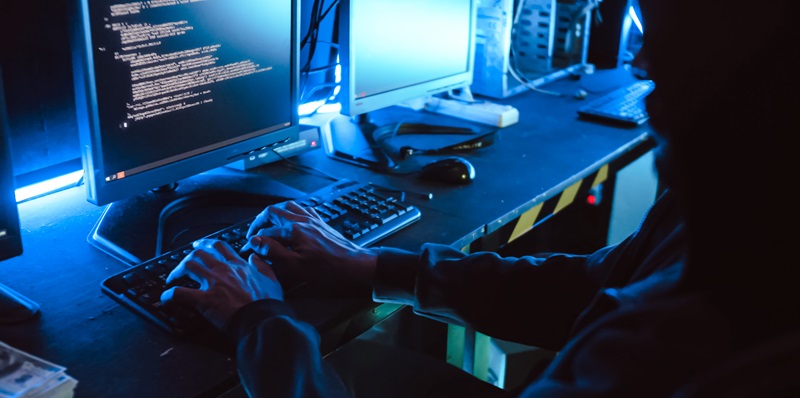In a major cyberattack, North Korean hackers from the notorious cybercrime group Andariel have successfully targeted several companies in South Korea, stealing sensitive defense technology files. This attack highlights the growing threat of state-sponsored cybercrime and the urgent need for robust cybersecurity measures.
Description of the cyber attack
South Korean authorities have confirmed that approximately 250 files related to defense technology, including anti-aircraft laser weapons, were stolen from a dozen South Korean companies. The targeted entities included defense companies, financial institutions, research institutes, and pharmaceutical companies. The attack resulted in a staggering 1.2TB of data being stolen, significantly compromising national security and intellectual property.
Collaboration between the South Korean police and the FBI
Recognizing the severity of the situation, the South Korean Police coordinated efforts with the Federal Bureau of Investigation (FBI) to uncover Andariel’s hacking activities. Through this collaboration, authorities were able to unravel the elaborate network used by the hackers to evade detection and launch their attacks. This joint effort demonstrates the importance of international cooperation in combating cybercrime.
Extortion using Bitcoin
In addition to stealing defense technology files, the hackers also engaged in extortion, demanding approximately 470 million won ($356,000) worth of bitcoins from three victims, both domestic and foreign. The victims were coerced into paying the ransom in exchange for the restoration of their systems. This highlights the growing trend of cybercriminals exploiting cryptocurrencies for financial gain.
Using a local IP address
Interestingly, the North Korean hackers carried out the attack using a local IP address, which initially raised suspicions among the authorities. Further investigation traced it back to a domestic server rental company that unknowingly provided services to unidentified customers involved in the cyberattack. This incident underscores the need for vigilance and thorough vetting processes to prevent criminals from misusing legitimate service providers.
Scope of the attack and stolen data
The targeted companies spanned various sectors, including defense, finance, research, and pharmaceuticals. The stolen data amounted to a staggering 1.2TB, comprising valuable defense technology files and other sensitive information. This breach poses a significant threat to national security, as the stolen technologies could potentially be exploited by hostile actors.
Andariel as a unit of Lazarus
Andariel is believed to be a unit of Lazarus, the most infamous North Korean cybercrime group. Lazarus is known to be controlled by the Reconnaissance General Bureau (RGB), North Korea’s primary intelligence agency. The group has gained notoriety for its sophisticated hacking techniques and involvement in high-profile cybercrimes.
Stolen critical data
Among the critical data stolen by Andariel were files related to anti-aircraft laser technology. The Korea Times reported that this technology was one of the key assets breached during the cyberattack. The theft of such advanced defense technology raises concerns about potential implications for national security and the balance of power in the region.
Involvement of Andariel in Cyber Financial Operations
Andariel has been previously linked to cyber financial operations targeting banks and cryptocurrency exchanges. Their expertise in hacking financial systems and exploiting digital currencies has become a lucrative revenue source for North Korea. This underscores the need for heightened cybersecurity measures in the financial sector to prevent further exploitation.
North Korea’s Use of Hackers for Financial Gain
The United States Federal Bureau of Investigation estimates that North Korea has approximately 6,000 hackers at its disposal. These hackers are not only used for financial gain but also for intelligence gathering purposes. The revenue generated from cybercrimes, including cryptocurrency thefts and extortion, plays a significant role in funding North Korea’s military and weapons programs.
The cyberattack carried out by North Korean hackers, specifically Andariel, on South Korean companies highlights the significant threat posed by state-sponsored cybercrime. The theft of defense technology files and other sensitive data jeopardizes national security, intellectual property rights, and could potentially disrupt regional stability. It is crucial for both public and private entities to prioritize cybersecurity measures to prevent future attacks and safeguard critical assets.

